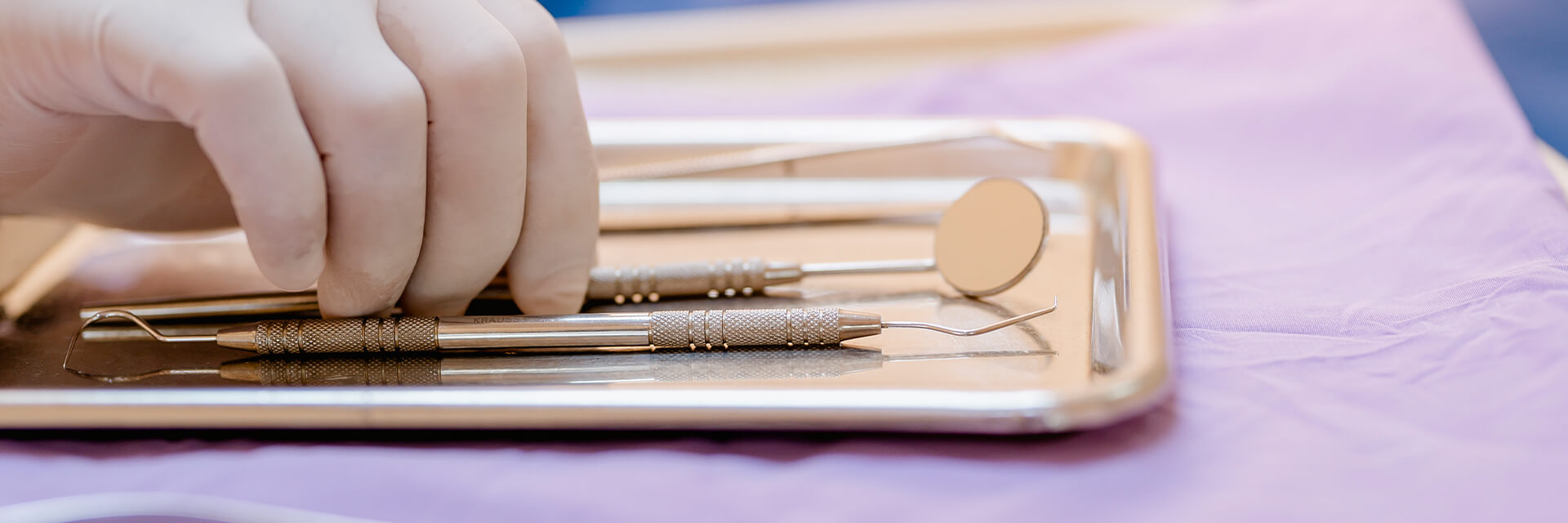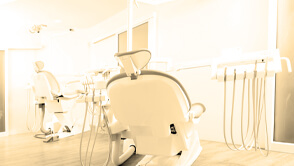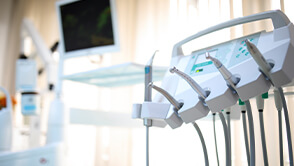
How a Dental Clinical Audit Can Drive Quality Improvement
- Published
- Mar 5, 2021
- By
- Erick Cutler
- Share
Every dental practice owner aims to achieve growth by implementing high-quality, efficient processes and procedures. For a long time, however, dentists had no real way to ensure the procedures they had in place were as effective as they could be. That all changed with the introduction of the dental clinical audit in the mid-1990s. Today, clinical audits offer a highly effective way to help ensure you are shooting for continuous process improvement.
What is a dental clinical audit?
A clinical audit is simply the systematic and critical analysis of clinical procedures to improve the quality of your practice’s procedures and operations. Dental audits came into play when the profession recognized the need to build upon peer review activities by putting certain standards in place against which dentists could measure their own practice’s standards. By doing so, you can find areas for improvement in patient care.
How do dental clinical audits work?
This quality improvement cyclic process involves several steps that begin with pre-audit planning and includes performance assessments, comparison against standards, identification of needed changes and taking steps to make the changes sustainable. In other words, you can take a close look at any shortcomings in your practice and make adjustments to eliminate them.
Clinical audits are multidisciplinary in practice because they can include staff responsibilities, clinical procedures, risk management procedures, and quality assurance protocols. The focus on the patient begins when they enter the practice for the first time, receive treatment and are discharged. An audit will include clinical notes, receiving patient feedback – including complaints – and whether procedures were put in place to address that feedback to minimize the instances of future complaints, with an emphasis on continuous staff training.
Why a dental practice audit professional can help
A dental clinical audit makes good sense for the future of your practice. You’ll gain high-quality dental practice processes, provide your patients with the best care and even mitigate the possibilities for litigation. Assessing a dental practice is a challenging task, and you will want to work with professionals who have specific expertise in quality improvement processes for dental practices. Remember, the main purpose of the clinical audit is to catch current or potential problems before they adversely affect your practice—or your patients. The audit will also help you look at different areas of your practice that might not be top of mind given the demands on your time.
The best approach to a clinical audit is to foster an environment that welcomes feedback and a staff that is open-minded when it comes to change. By embracing quality improvement, you and your team demonstrate to your patients that you want to deliver the most professional, high-quality care you can.
What's on Your Mind?
Start a conversation with Erick
Receive the latest business insights, analysis, and perspectives from EisnerAmper professionals.







